Preserving summer
What do you do when you're gifted a huge bag of fresh cherries? You pickle them of course! Maybe that wouldn't have been your first thought but it really should have been. Pickled cherries are that tantalising combination of both sweet and sour. This makes them incredibly versatile and they can be used to make cocktails, served with charcuterie or as part of a cheese board. (The latter is my favourite way to enjoy them!)
I stone mine before pickling but it's not an essential step. I like to add savoury herbs and spices like pink peppercorns and bay leaves but you could make them a more "sweet" affair by adding star anise and vanilla. The choice is yours. Either way you will end up with cherries that burst with natural sweetness and the tang of red wine vinegar. Each mouthful is an explosion of flavour and you will keep going back for more.
A jar of these cherries will last months in a cool dark place. Make a jar now and pop it away until Christmas. They will elevate your cold cuts of meat and cheeseboard to the next level come Boxing Day. If you don't think you can wait that long then I recommend leaving them at least a week before opening them for the first time. Once opened they will keep in the fridge for up to a month if you can stop yourself eating them in one sitting! Don't say I didn't warn you.
The recipe
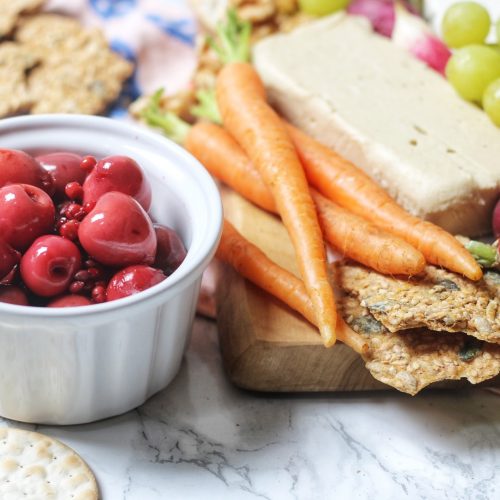
Pickled Cherries
Equipment
- 500ml jar
Ingredients
- 200 millilitres red wine vinegar
- 75 grams light brown sugar
- 0.5 teaspoon salt
- 2 tablespoon whole pink peppercorns
- 500 grams fresh cherries pitted or whole
Instructions
- Put the vinegar, sugar, salt, peppercorns and bay leaves, in a heavy bottomed sauce pan and gently place on a low heat.
- Let the vinegar simmer gently until the sugar has dissolved.
- Place the cherries into a sterilised jar and cover with the infused vinegar (whilst it is still hot).
- Seal the jar and allow to cool completely.
- Leave the jar in a cool dark place for at least a week to allow the cherries to soften and the flavours to mellow.

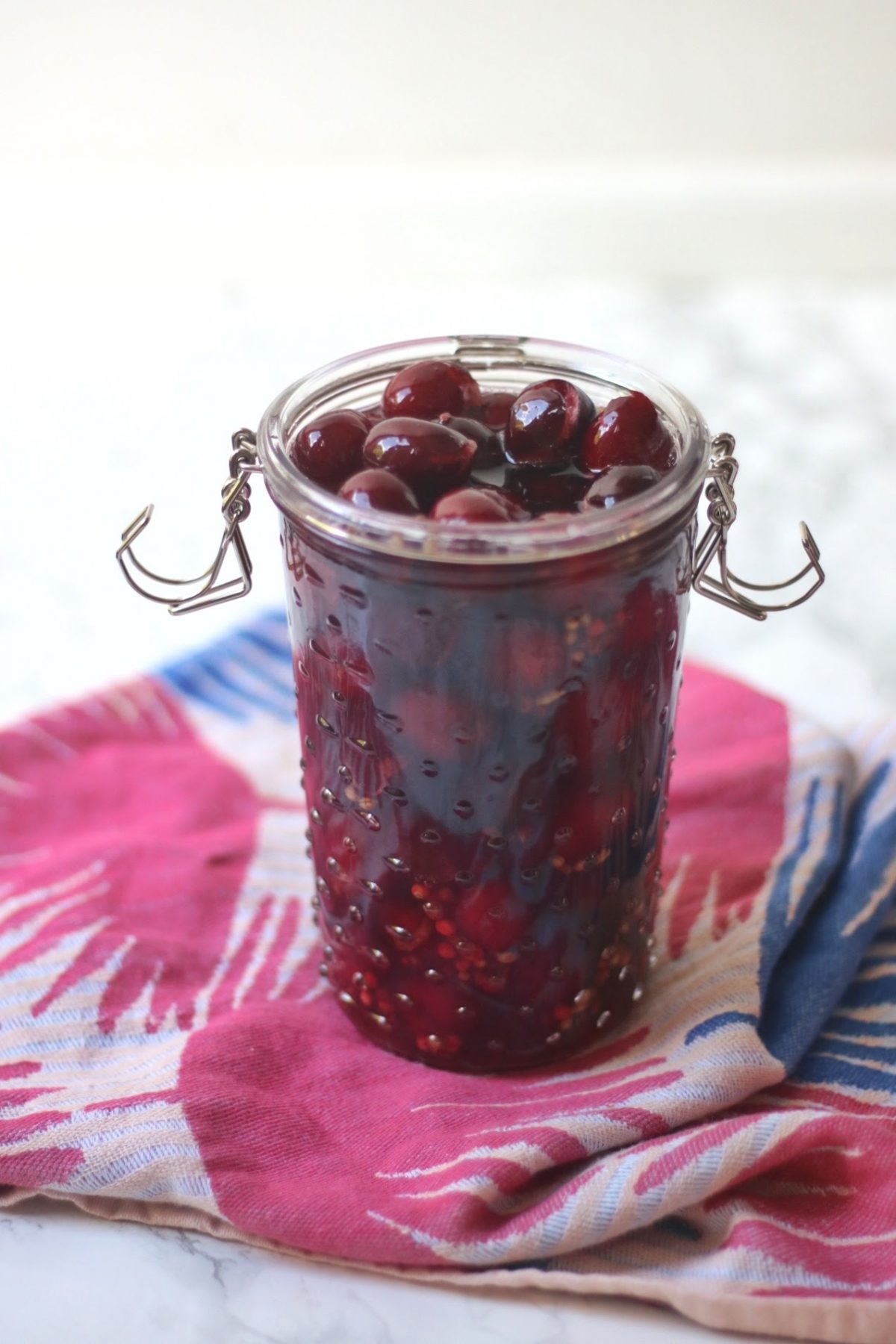
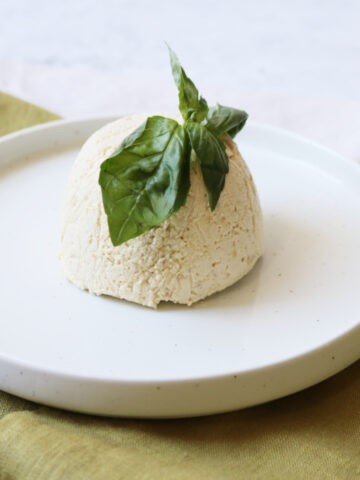
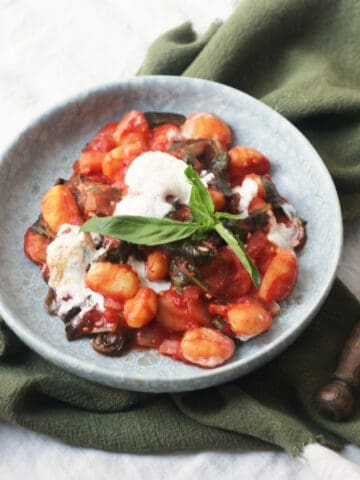
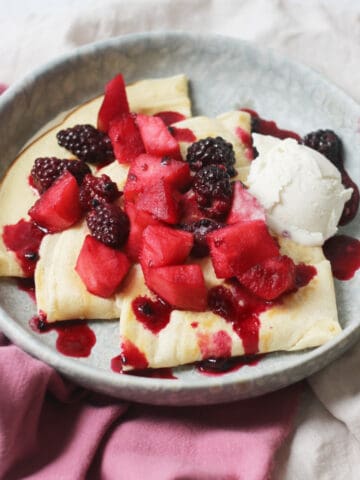
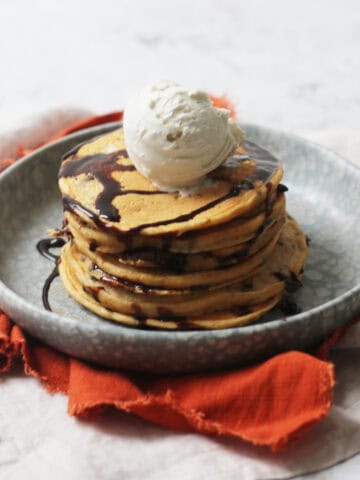
Leave a Reply